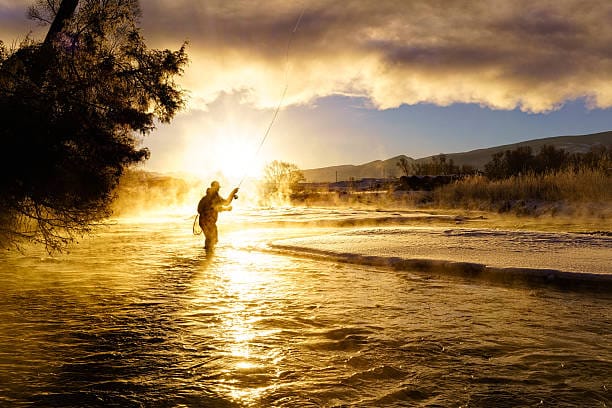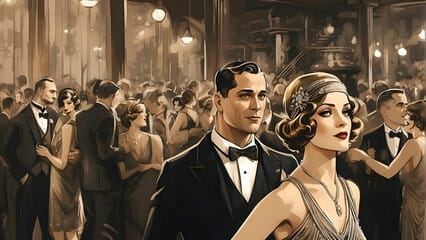A Pair By Papa

A Way You'll Never Be, The Snows of Kilimanjaro & Author Ego Death
By many accounts, Ernest Hemingway was, if not the voice, he was one of the most important literary voices of a generation. The beating heart of the early twentieth century "Lost Generation." The hyper-realist laureate of the post Great War youth, disaffected, questioning, international jet setters and expats. He extolled the horrors of war, and gave voice to the dislocation of rapidly encroaching modernity that would sweep all of civilization before it. His put machismo, some would say casual misoginy, is in part off-putting, while at the same time being part of what draws readers to him generation, after generation. His writing is plain, terse even. Clean sentences with action verbs. His characters at times blunt, with little to no interior monologue. And yet, they burst off the page, and run riot in Spain, Paris, Italy, the Caribbean, the Michigan woods of Nick Adams' youth. While sometimes just shy of epic in scale, he was also much more the common man, or the common American man's literary voice. Definitely more so than F. Scott Fitzgerald, the single novel voice of Jazz age, who was maybe to focused on class and wealth and youth to ever be the voice of a generation. (More on that later.)
In A Way You'll Never Be, Hemingway's autobiographical Nick Adams, wanders a European battlefield. Suffering a mental break brought on by an undescribed injury and what was once known as shell-shock, but now called PTSD. (Later on we would go on to read Big Two Hearted River 1 & 2, where a recovered Nick camps alone in the Michigan wilderness he grew up in. A return to nature, sanity, that tugs at the sense you get in all Hemingway - you don't ever get to go all the way back.) In many ways, there is no escaping that the past must contain its fair share of regret. No one passes through it without losing some part of what made them them, otherwise no one would be who they are now. The final question always hanging pregnant before us, who do we ultimately end up being?

While in The Snows of Kilaminjaro, Harry, a washed out writer lies rotting to death in the African serringhetti, trying to make sense of his life and the things he has always intended to write, but didn’t, in order to chase comfort instead. A series of misfortunes (the truck has broken down, no one is coming looking for them for a while) couple with Harry's apparent lack of interest in surviving the ordeal, blend with a series of snippets from his life, the things he could have written from experience, had always intended to write, but never bothered to.
A potentially true life exchange between Hemingway and Fitzgerald, (In the original printing, Hemingway actually name dropped F. Scott, who was understandably dismayed, and later versions replaced Fitzgerald with 'Julian") shows up in the story: ""The very rich are different from you and me." And how some one had said to Julian, Yes they have more money. But that was not humorous to Julian. He thought they were a special glamorous race and when he found out they weren't it wrecked himjust as much as any other thing that wrecked him." Which would explain Fitzgerald's real world race to the bottom of a bottle, cliché romanta-tragic great American author haunted by their green light at the end of the dock.

Not Papa though. He fought in wars, ran with bulls, skied the alps, hunted the Big 5 in Africa. But probably what makes Hemingway so readable, is the sense one gets that he did see himself, and was winking at his own planetary sized ego. Yes, he had the better of it with Fitzgerald and the super-rich, but you can't read the Snows without the sense that Hemingway is telling on himself. He wanted to chase the green light as much as anyone, and did, and maybe paid for it with some measure of talent that went unused. Like the leopard at the snowy summit of Kilamanjaro, Harry's (Hemingways) ghost climbs the peak looking for something that had no explaination, and is mostly full of regret.
So maybe Hemingway understood it better than Fitzgerald. He wasn't as enamoured with the gloss and sparkle of the Jazz Age, or fixated with money and class in America. Hemingway didn't drink himself to death. But, if it does nothing else, the end of The Snows of Kilimanjaro should remind you that in the end, Hemingway put the business end of a rifle to his own head.